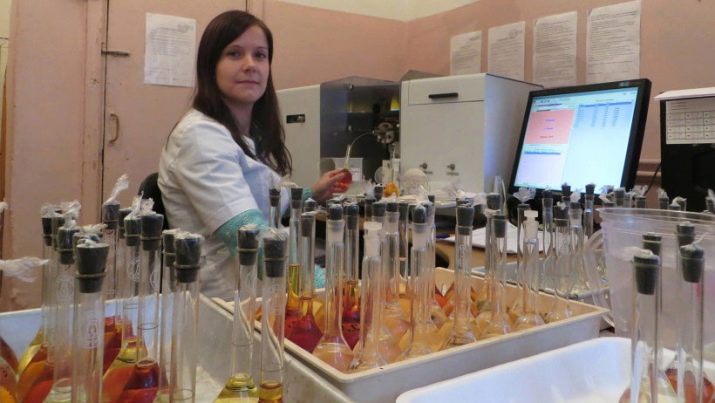What professions are associated with biology?
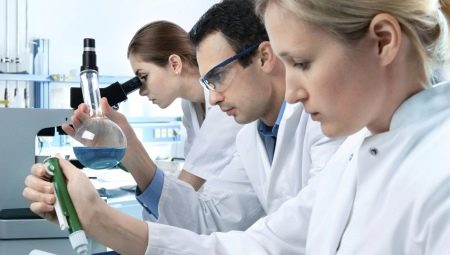
If biology has always been a favorite school subject, the final choice of professional activity directly related to this science seems quite logical. Classmates may think that this direction is futile, but in fact they are very mistaken - deep biological knowledge is needed to work in very different areas, which, it would seem, are completely unrelated to each other.
Common features of biological professions
The main thing that the biological professions have in common - this is an urgent need for knowledge related to the life of various living organisms. In many professions from an extensive list of occupations that require orientation in biology, this does not require complete mastery of all topics - for example, a landscape designer may know absolutely nothing about animals and not be interested in them in principle. However, if you plan to master a profession based on knowledge of at least one section of this science, be ready to take the appropriate exam after grade 11.
Wherein biology, playing a dominant role in your chosen specialty, will almost certainly go hand in hand with chemistry... This is logical, since adequate interaction with living organisms is impossible without understanding the chemical processes due to which their vital activity is carried out. Chemistry will not be a mandatory exam for all biological specialties, without exception, but in general, it will be difficult for someone who has always disliked her and will either have to put up with her everyday presence or think about choosing another career.
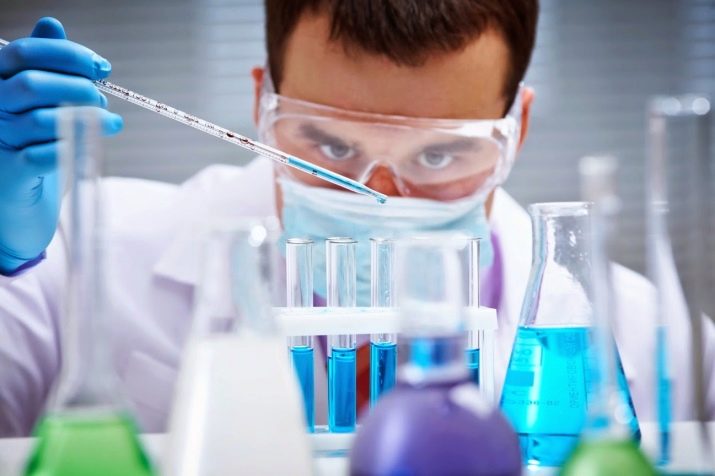
Who are they suitable for?
The list of works directly related to biology usually involves the daily performance of interesting, non-mechanical tasks that require regular use of their own mental abilities. There is simply no place in this industry for a person who is not used to working with his head - in the learning process, you will have to learn a huge amount of knowledge, and then also apply it in practice, periodically connecting your own logic in order to get out of an unfamiliar situation. Having received a profession related to biology, you will become a specialist, which means that there will be no one to ask for advice - they will turn to you for it.
It should be noted that, on average, in the "biological" segment of employment, the fair half of humanity is much more represented. This is not surprising, because many of these works are better suited specifically for girls, since they do not require significant physical effort, but they suggest perseverance and increased discipline, at least at the training stage. However, men in all the industries we will look at below are also represented and may well be successful.
Please note that school biology belongs to the natural sciences, but its application in some of the works described below has all the features of an exact science.... If human health or the viability of living organisms depends on your actions, including the selection of the correct dosage of drugs or fertilizers, you no longer have the right to make a mistake or to rough estimates, everything must be verified.
However, you can also get a specialty with a humanitarian bias - the same school teacher is freed from precise calculations, and his duties are largely reduced to an interesting presentation of information and verification of its assimilation.

Popular specialties and their characteristics
The biological profile is very extensive today. - to one degree or another very many modern professions that require appropriate education, but in general, are very, very diverse. Consider what specialties you can get if you have always wanted biology to remain in your life after school.
In agriculture
The most obvious professional in agriculture is agronomist, because without it, it is impossible to adequately and correctly sow the fields and count on an acceptable harvest. This is a person who is well-versed in what, when and how to grow, so that the result does not disappoint. Zoology for such a specialist is not too important, but in botany he must be an excellent student, to the extent that, waking up in the middle of the night, be able to explain the difference between two arbitrarily named varieties of the same crop. Some knowledge from geography, such as orientation in climatic zones and soil types.
Such work is not suitable for everyone - the mandatory qualities and conditions for a candidate are:
- endurance;
- good health;
- lack of allergy to anything;
- ability to think outside the box.
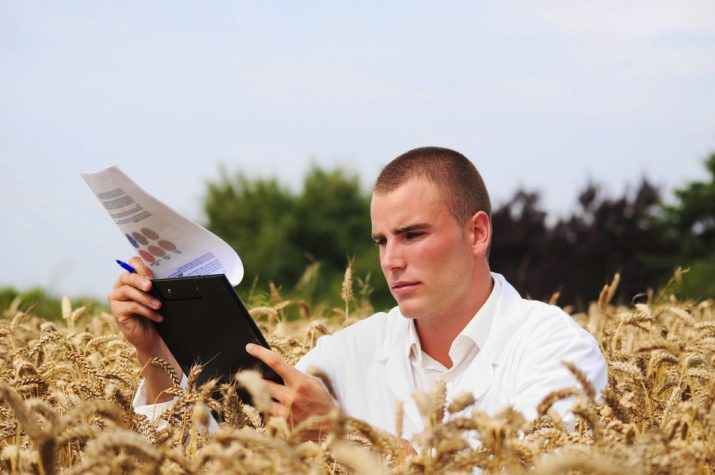
In the educational sphere
The most obvious biology-related educational activity is, of course, teaching this subject at school, and if the level of qualifications allows, then in institutions of vocational and higher education... By the way, the official task of a biology teacher is not just to provide the necessary material, but to instill in children a love of the environment, help students understand the basic principles of the functioning of living organisms, and answer various questions of interest to schoolchildren. The requirements for a potential specialist are completely different here, he must:
- be able to work with a large audience;
- love children;
- be stress-resistant;
- literate;
- patient.
A candidate for the role of teacher must be a model of responsibility and culture, set only a good example both in the workplace and outside it.
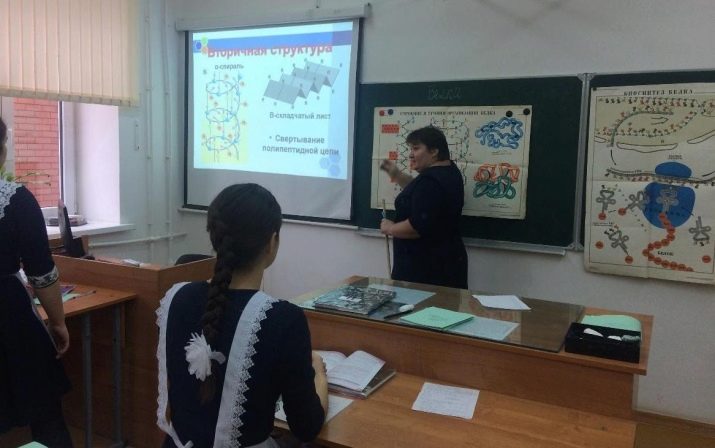
In the field of environmental protection
The attention of the entire world community is riveted to the ecology of the planet today, and after all ecologist Is also a profession directly related to biology. Arguing that excessively intense human activity leads to environmental pollution, they mean not some purely moral aspect, but a direct negative impact on various living organisms, not excluding the person himself.
V environmentalist responsibilities, in particular, it includes finding out the reasons for the decline in species populations, as well as developing tactics for their preservation and increase. At the same time, his field of knowledge cannot be limited to biology alone - he must understand both in chemistry, in order to see the negative impact of the same industrial emissions, and in geography with physics, in order to delve into the nature of cataclysms. The following qualities are vitally important for the future ecologist:
- purposefulness;
- a responsibility;
- willingness to work in extreme conditions.
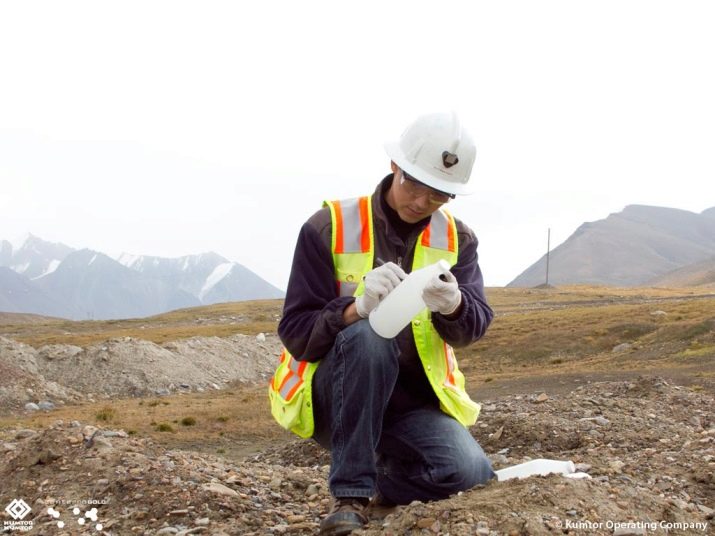
In the scientific environment
Some people are interested in biology as a science - they would like not to apply it in practice, but professionally look for new opportunities for humanity. Scientists studying the principles of operation of various processes inside living organisms in the laboratory are quite a rare profession that real fans of their craft will definitely like.
- For example, biophysicist - this is the same physicist, but interested in his science only in strict connection with living organisms. Using high-tech and expensive units, such a specialist makes experiments and experiments that allow him to give an accurate answer to the question of how various conditions affect animals, and in the future, humans. Thanks to the scientific research of these people, the same ecology and agricultural science have moved from theoretical assumptions to the use of precisely verified knowledge.
The developments of biophysicists are actively used both in medicine (especially in the non-drug sphere) and in biotechnology.
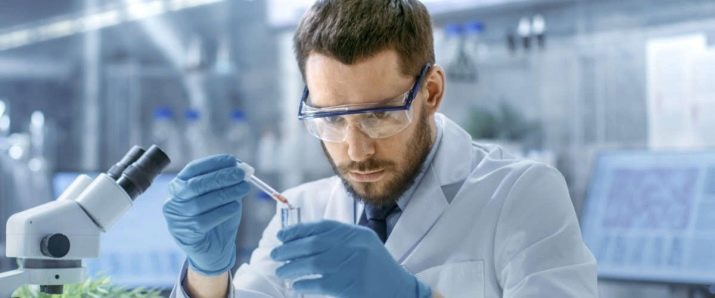
- Activity bioengineer in terms of results, it is somewhat reminiscent of the work of a biophysicist, but the principle is completely different: a biophysicist studies the impact of various factors on already existing organisms and individual organs, while a bioengineer himself tries to actively build them, consolidating the work of his colleague. For those who have always dreamed of trying on a superhero cloak, this is a dream job - it is your work that will help create things like insulin, synthetic growth hormones, artificial organs for transplants.
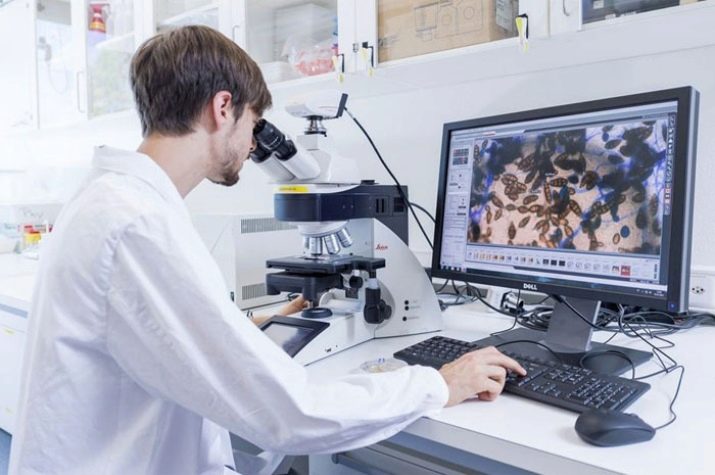
In these areas of activity, similar personal characteristics are required, among which, first of all - perseverance and the ability to concentrate on one task for a long timeworking hard to find the best solution. It is important to have patienceso as not to be held liable for a hastily issued but unverified result. Sharp analytical mind will allow you to succeed in a difficult position, while it is necessary be able to think outside the boxto bring something truly new to the industry.
In the microbiological industry
To people far from this industry, its name alone may seem mysterious and intimidating, but in fact, even such a "daily" profession as food technologist. Many foods prepared using fermentation processes require adequate handling of microorganisms to achieve the desired result. This is how cheeses and dairy products, yeast, kvass, beer and wine are obtained.
Various bakeries that are active with yeast every day, making bread and pastries, also need such a professional.If the wrong conditions are created for the bacteria that support the process, there are too many or too few of them, they will be exposed to the negative effects of the environment due to violation of the packaging rules, there is a risk of spoiling huge batches of products, and it’s good if the product doesn’t end up. dangerous to eat.
A food technologist bears great responsibility to consumers because he simply must be a very neat and attentive person. Haste is inappropriate here, so this is always a very patient person.
It is also important to know and always remember all the stages of food production technology in the smallest detail, and this requires an excellent memory.
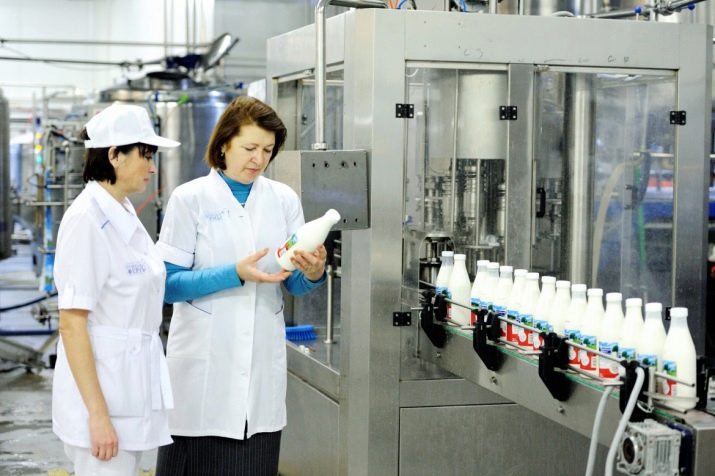
In medicine
One of the most popular professions directly related to biology is, of course, medic... With such a choice of specialty, they are often determined even in early childhood, because it is obvious to every child: without a doctor, society will be very bad, this is an extremely important and valuable employee. The work of a doctor is directly related to the maintenance of the normal functioning of the human body, therefore it is clear that biology in this case is the most important subject.
At the same time, a good physician is not just a qualified specialist, but also a stress-resistant, courageous person, ready to take responsibility and able to tell people not too happy news. For the doctor, the following aspects are extremely important:
- maximum care;
- one hundred percent concentration on the problem being solved;
- he must be able to make urgent decisions in situations where there is no unambiguous correct way out;
- be responsible if wrong.

In many ways, work is similar to the profession of an ordinary doctor. veterinarian - he is also responsible for health and normal life, but not people, but animals. On the one hand, it is easier to work with such patients, since they are not ill-mannered, and the cost of a mistake here in many cases is not as critical as that of an "ordinary" doctor, but you still have to interact with people, because the animals have owners who want see the expected result. On the other hand, a sick person will at least describe his symptoms verbally, while pets cannot do this, which means a veterinarian must have a sharp mind and an extensive knowledge base.
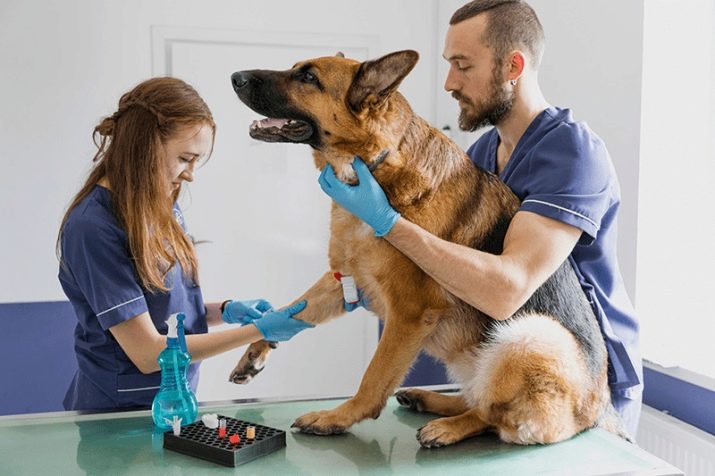
In forestry
A completely separate segment of the "biological" professions is specialties related to forestry. Someone pompously calls such professionals forestry engineers, and someone just foresters, but the essence of this does not change much - this is a person who is responsible for the safety and continuity of generations in forests and forest park zones.
A qualified employee knows which areas can be cut down without harm to the ecosystem, and which should not be touched. The same person is directly responsible for maintaining sanitary and fire safety - it is he who makes fire-prevention glades that do not allow the fire to quickly spread across the territory.
A future forestry engineer must have the following qualities:
- love nature;
- sincerely worry about its safety;
- be very responsible and attentive to their duties;
- confidently navigate in a forest area;
- have an excellent memory;
- have decent stamina.
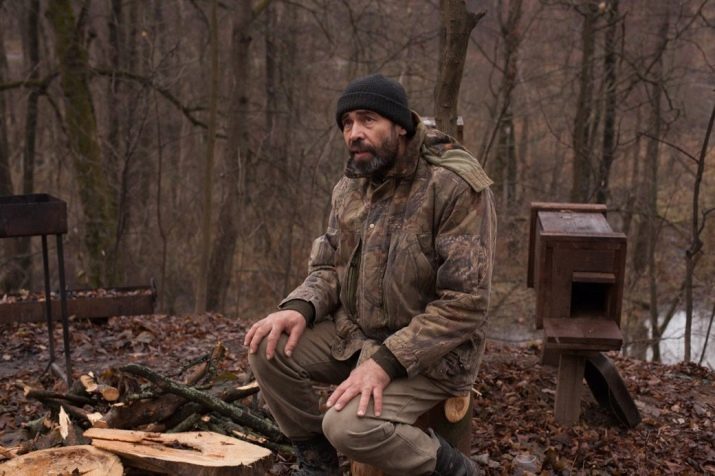
In landscape design
Landscape designer - a relatively new, but very fashionable and prestigious area of activity, which is most often associated in the public mind with the design of adjoining territories and gardens. In fact, such a specialist works on a broader scale, also creating squares and parks.And if the forestry engineers, whose competence was previously included, focus only on trees, the landscape designer deals with vegetation of all kinds, man-made decorations and even the landscape itself.
In this profession, you need not only to know biology well, but also have a lot of other knowledge and skills - for example, be able to draw up visualizations of your own projects, understand the principles of organizing the same artificial reservoirs, have an idea of architecture.
Creativity is also indispensable - no one will pay a decent salary to a person who simply steals other people's ideas.
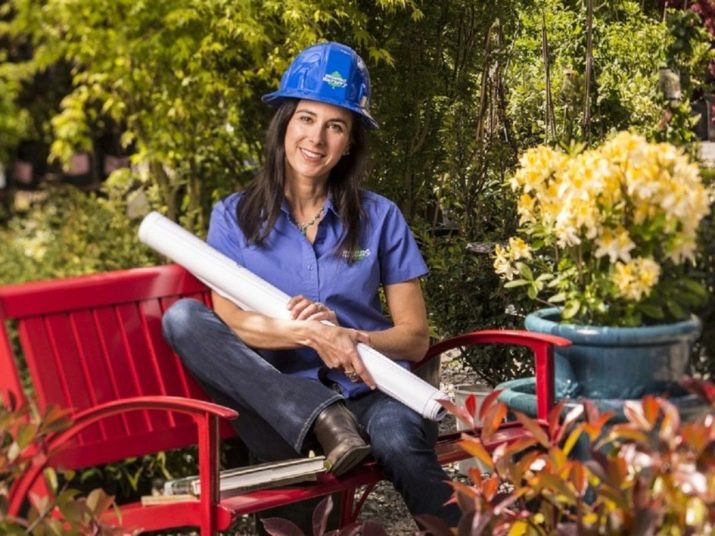
Other
We have presented a decent-sized list of current professions, each of which is well recognizable and understandable to most ordinary citizens. In fact, the variety of specialties and areas of study is much wider, and for yourself you can choose even very rare and unusual ones, like radiologist, space medicine physician, ecoanalyst or zoopsychologist. At the same time, you can pay attention to more demanded specialties, which are simply varieties of what has already been listed above, like agrochemist, nutritionist, virologist, immunologist, pharmacist, florist designer etc.
The easiest way to get acquainted with the list of available professions is to open the website of the educational institution of your choice and see what areas of training are offered by its Faculty of Biology.
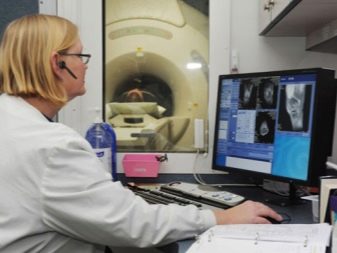
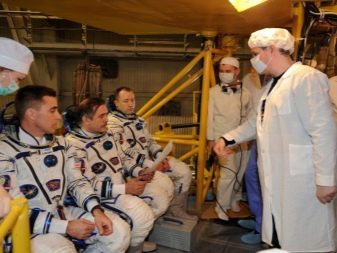
How to choose?
When deciding on a future profession, it is necessary to find a balance between what the soul is drawn to and what they pay well for. It has long been no secret that the easiest way to achieve success is in the job that you would be doing, even without any payment. Then you will make every effort and will certainly establish yourself as a good employee. Even if it doesn't lead to an increase, you still have reason to be optimistic - you truly love what you do.
Pragmatists would say that it is important to choose a high-paying job, and in some ways they are right, because you work in order to provide for yourself and your family. At the same time, you should not confuse prestigious and well-paid positions - ask a surgeon at a state clinic, he will tell you.
Finally, think carefully about whether to pursue a "promising" specialty. If you are not ready to relocate, focus on the local job market and job openings.
